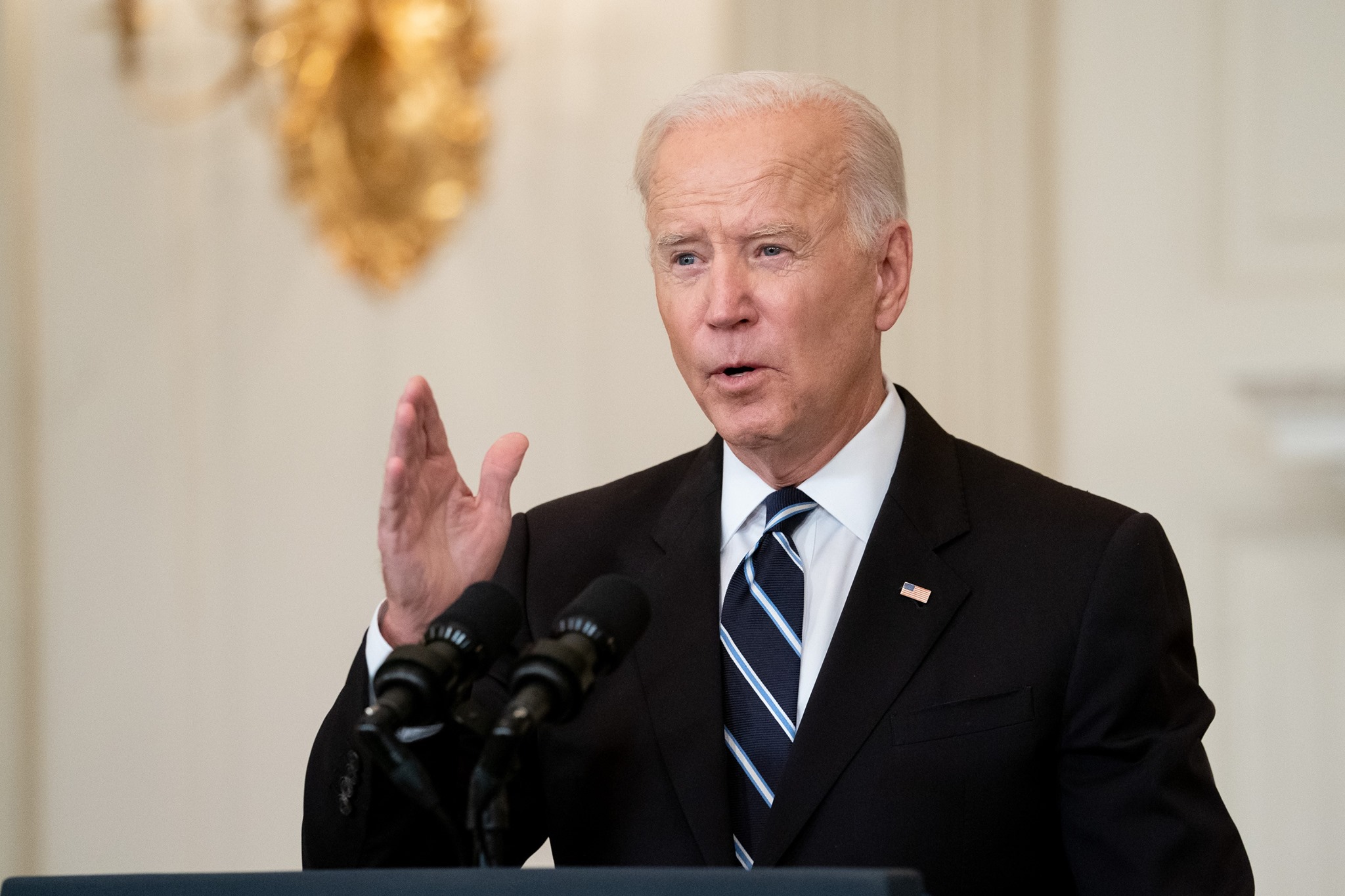Biden administration officials are pushing back against criticism over the decision to postpone a visit to Australia and a historic trip to Papua New Guinea, the first by a U.S president.
Analysts have described the move, spurred by President Joe Biden’s need to return home to attend to congressional budget negotiations, as a setback for the United States and a gift to China as it flexes its muscle in the Indo-Pacific region — one of the reasons the Biden administration has been shoring up alliances in the area recently.
Biden left Wednesday for a truncated trip to Japan to attend a summit of some of the major developed economies.
Biden called Papua New Guinea Prime Minister James Marape early Thursday from Air Force One. He invited Marape to Washington in September for a second summit of Pacific Islands nations, “where leaders can continue discussions around enhancing U.S-Pacific cooperation on shared priorities including combatting the climate crisis, increasing trade and economic ties, promoting maritime security, advancing sustainable and inclusive development, and increasing people-to-people engagement.” Biden held the first such summit last September.
“I was privileged on behalf of the people that (Biden) placed a call directly to my cell phone … he conveyed his sincerest apologies that he cannot make it to our country,” Marape said.
Biden said Secretary of State Antony Blinken will travel to Papua New Guinea in his place on Monday.
Biden’s brief swing through the island nation north of Australia was expected to cement a new defense pact between Washington and Port Moresby that would allow the U.S Coast Guard to patrol its waters. He was then meant to head to Sydney for a summit with the leaders of India, Australia and Japan. That summit has been canceled.
Marape said the defense co-operation agreement will be signed on Monday as planned.
“I think there is a degree of fairly dramatic over-cranking in saying that pushing off a visit to Australia and PNG speaks to the fundamentals of American diplomacy at this time,” national security adviser Jake Sullivan said aboard Air Force One.
Sullivan cited examples of deep administration engagement with the region in the past five months, pointing to recent security-focused agreements with Japan, the Philippines, South Korea and Australia, plus a recent technology initiative with India.
“The fact that he has to postpone a trip to Australia and to Papua New Guinea, when you lay that up against where we are with respect to our alliances and partnerships in the Indo-Pacific, we believe this notion that somehow [China] is sitting there happy and comfortable about the situation is a convenient media narrative going into this trip, but it does not reflect reality in any way,” he said.
Sullivan said Biden also spoke with Australian Prime Minister Anthony Albanese and that the two agreed on a future Biden visit to Australia, plus a White House state dinner for Albanese. He did not say when either would happen.
Before the trip, analysts had described the visit as a big deal.
The visit was to demonstrate “that the U.S is a reliable, engaged and enduring partner to the Pacific Islands,” said Charles Edel, the inaugural Australia chair at the Center for Strategic and International Studies, in a briefing days before the trip was canceled. “The U.S needs to make up ground in the region. Years of strategic neglect from Washington produced a strategic vacuum that China was eager to step into. The result has been that China has been steadily increasing its influence and power in the region, which the U.S now needs to counter.”
Erin Murphy, a senior fellow at CSIS, told VOA on Wednesday that the postponement also is a big deal.
“When you think about what the U.S is trying to do, in the Pacific Islands, to show that it’s engaged, economically, militarily, diplomatically and to show that it’s a strategic competitor, to provide things that the Pacific Islands need,” she said. “I think this is a significant setback.”
Daniel Russel of the Asia Society Policy Institute agreed.
“Obviously, it’s a huge disappointment, first and foremost, to Papua New Guinea and its leader, as well as to the other Pacific Islands, including the leader of Australia,” he said.
And The Sydney Morning Herald described the postponement as “a disappointment, a mess and a gift to Beijing,” saying, “Biden’s withdrawal matters because of the damaging message it sends to the Asia-Pacific about America’s commitment to the region as it fiercely competes with China for influence.”
And in Papua New Guinea, local media reported disappointment among the some 9 million residents.
Marape had declared Monday, the day of Biden’s visit, a public holiday.
SOURCE: VOA/PACNEWS














